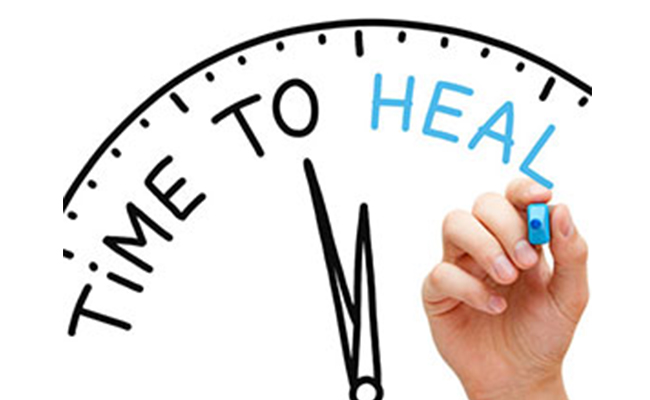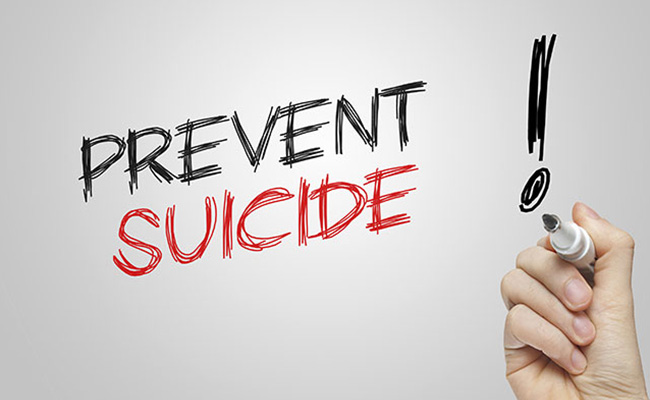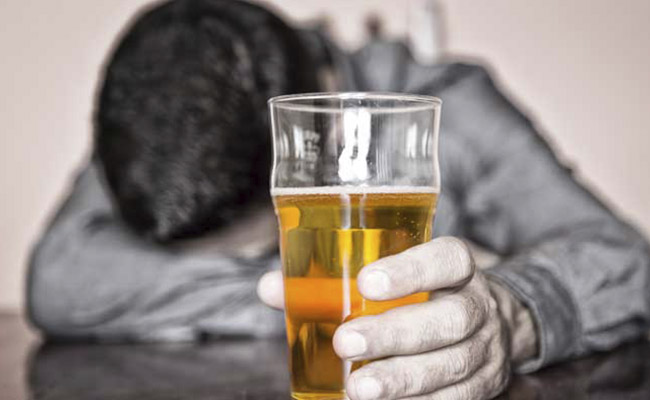Loneliness in Addiction. It was reported recently that young people, age 18-22, or commonly called Gen Z, experience the feeling of loneliness more than any other group. This is also a demographic group that is at an extremely high risk for opioid abuse and addiction. The report does not make the link between the two phenomena, but it is not much of a leap to at least see a correlation between loneliness and drug use. Since opioid addiction in general, and heroin in particular have been on the order of a global epidemic, we should be made to pay attention to statistics like these.
Loneliness in Addiction
Loneliness is in many ways an integral part of addiction. It leads to addiction and it most certainly comes with addiction. The more we isolate ourselves from others, driven by the need to hide our drug use and our feelings of failure and inadequacy, the more lonely we become. This then fuels the desire/need to use, and on it goes.
It has been noted in a number of ways that loneliness is not actually the state of being alone. It has more to do with the absence of inspiration, with the absence of meaning our lives. We become alienated from our world and ultimately from ourselves. It is then that we experience loneliness.
Loneliness and Recovery

For those of us in recovery we need to make sure we do not allow ourselves to fall into such a trap as loneliness. This means first and foremost remaining connected with other people. Again, loneliness is not simply being alone, but when we cut ourselves off from others, we should always question our motivation for doing so. Why are we choosing to be alone? Solitude is a necessary aspect of a healthy life. Isolation is not.
Finding forms of inspiration is a way of being connected to the world even if that inspiration does not come directly from other people. This is not to preach the 12 step version of spirituality. More to the point, this is to suggest that all of us, especially those of us in recovery must find some form of being in the world that is more than the material world.
Certainly this last idea can take on forms which are overtly spiritual. If you are of a specific religious tradition, by all means, use this to your advantage. If you are more of a secular person you can still work with this idea. Intellectual and creative endeavors provide the same kinds of meaning as the obviously spiritual paths.
Loneliness and Youth Addiction
The point here is to find a form of engagement with the world that provides inspiration and lifts us out of the state of loneliness. Why this younger generation seems to experience loneliness so much more than others is the result of many things. The mixed blessing of electronic communication is one of them. What matters is that for an entire generation, the problem of loneliness seems to be getting worse. It is this generation who is also dealing with the opioid crisis. We in the recovery community need to be acutely aware of the danger of loneliness. We need to maintain and actively seek forms of inspiration. It is a key to our life of recovery.
CLICK HERE to get a Free Confidential Addiction Rehabilitation Assessment.






 The reason why it is so important to talk about suicide is because it is 100 percent preventable. There are actions we can take individually to keep us healthy so that we don’t ever seriously consider ending our own lives. Also, we need to be prepared in case someone we care about ever confronts a darkness so dense they think about killing themselves. We need to know how to handle it.
The reason why it is so important to talk about suicide is because it is 100 percent preventable. There are actions we can take individually to keep us healthy so that we don’t ever seriously consider ending our own lives. Also, we need to be prepared in case someone we care about ever confronts a darkness so dense they think about killing themselves. We need to know how to handle it.
 I finally topped from my high-functioning perch and when I did, I fell hard. I landed in long-term alcohol treatment. This was one of the best things that ever happened to me, but it came at a tremendous personal cost.
I finally topped from my high-functioning perch and when I did, I fell hard. I landed in long-term alcohol treatment. This was one of the best things that ever happened to me, but it came at a tremendous personal cost.







